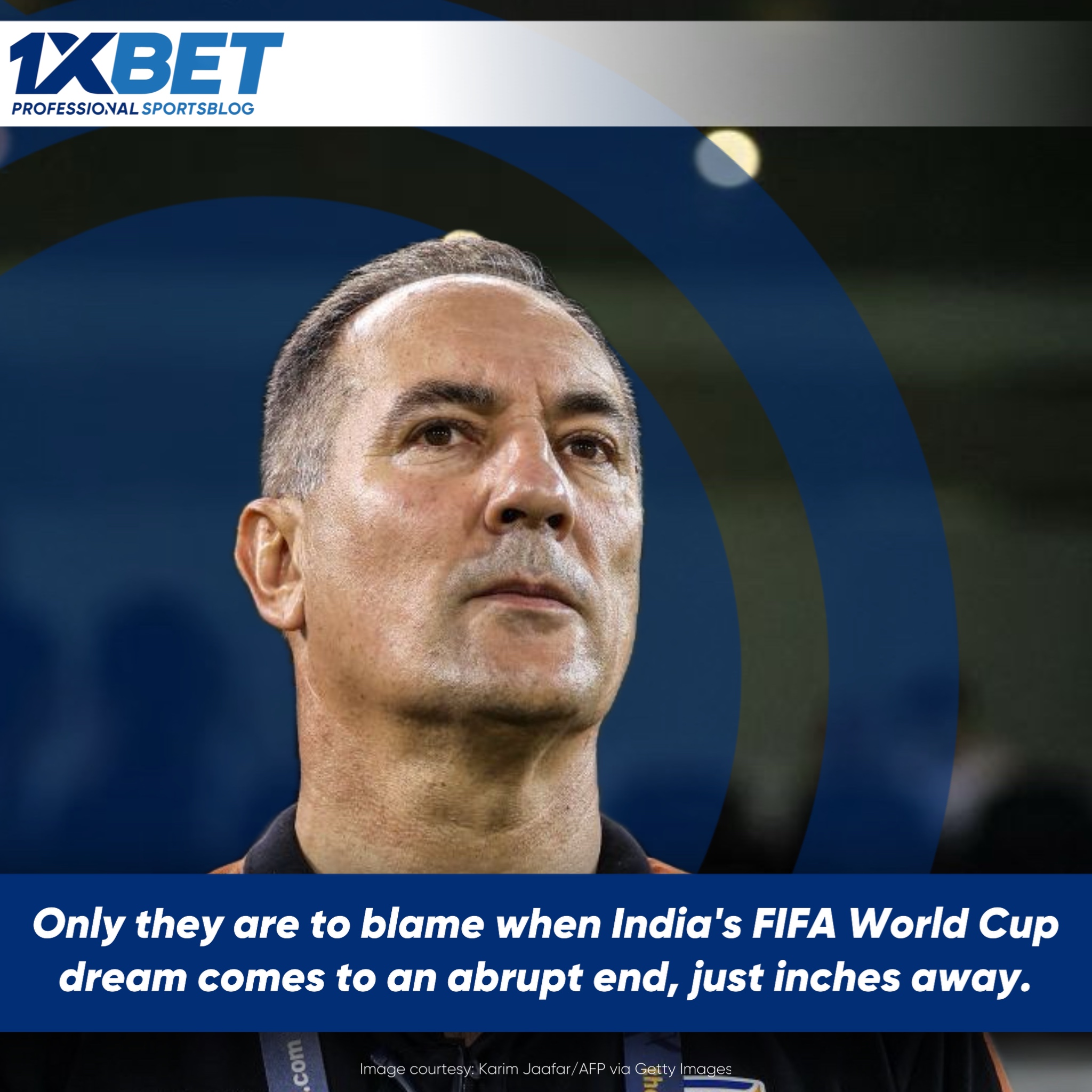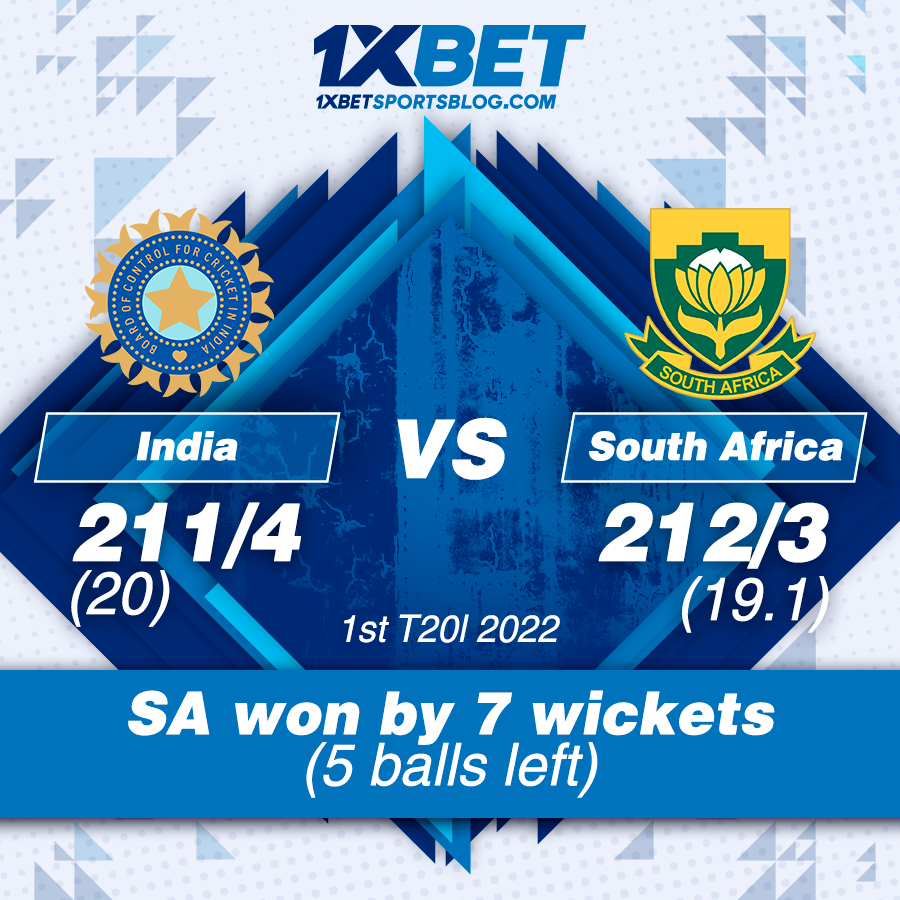The Resilience of Klaus Gjasula at Euro 2024

Coming on for Laci, the message to him was simple: shut up shop. Defend well, stays in that position he likes just in front of the center-backs, crunchs into tackles, and sweeps up anything and everything. This is what Gjasula had done all his career, after all.
A late bloomer who was only called up to the national team aged 29, Gjasula only ever played club football in Germany. Starting off in the fifth tier of German football, he'd slowly worked his way up: intra-state league to inter-state league to regional league to the second tier to the Bundesliga. This past season had been his second in the first division (with SV Darmstadt): he'd registered three goals across the two seasons and 24 yellow cards (17 of those in one season, a Bundesliga record). If stats could tell you what kind of a player Gjasula was, these were it. Be a human wall, a destroyer... no one expected anything else.
Sounds easy enough, but at this level of football, nothing ever is.
Gjasula entered a game that had reached a frenzied state of energy, and it swamped him. Two minutes after he came on, Matteo Kovacic ran at him straight down the middle. He stepped out to meet the veteran but was just a tad too late, and Kovacic deftly swept the ball away from his lunge - on it went to Ante Budimir who teed up Andrej Kramaric for the equalizer. If you'd managed to focus on Gjasula amidst the Croatian bedlam, you would almost have seen the wheels spinning in his head: No! This can't be the impact I have on the match, I must redouble my efforts, run faster, and close down with more urgency.
Buoyed by the equalizer, Croatia would ratchet up the intensity even further. Two minutes after Kramaric swept the ball in, Budimir bullied a ball to young Luka Susic just outside the Albanian six-yard box. Sucic had ghosted into the box, and you could see Gjasula race in behind him desperately. He wasn't tight enough but maybe he could intercept the pass, or worst-case hurry Susic into the shot. Neither happened. Susic's shot, though, was blocked by captain Berat Djimisiti who'd flung himself at it, but the ball rebounded out... right into the path of Gjasula, who simply couldn't put the brakes on in time. Whack! It hit his shins, and into an unguarded net, it flew. All of Albania's tremendous hard work was snuffed out by an accidental deflection.
Within four minutes Klaus Gjasula's life had been turned upside down.
Now, a normal person would have crumbled. This is the kind of misfortune that can make anyone believe that the universe has it out for you, that maybe you really are not meant to be here. Gjasula is no normal person though: you don't forge a career out of nothingness like he did, surviving years in the lower-tier wilderness and making it all the way to the Bundesliga by simply bowing down and accepting your fate.
A hint lay in the nickname he was known by across German football: Spartacus. The name had come about because of a protective helmet he started wearing after an injury to his cheek and had kept on for years afterward, but it also spoke to the kind of footballer he was. Incessant, aggressive, unflappable. So he kept at it, driving Albania forward by stopping Croatia in midfield and quickly passing it out to the more creative players. Surely, though, he wouldn't have a direct impact on the score anymore.





